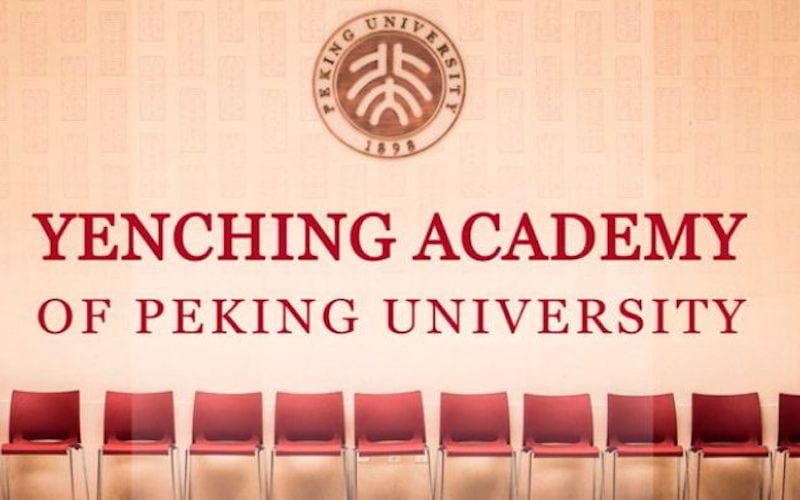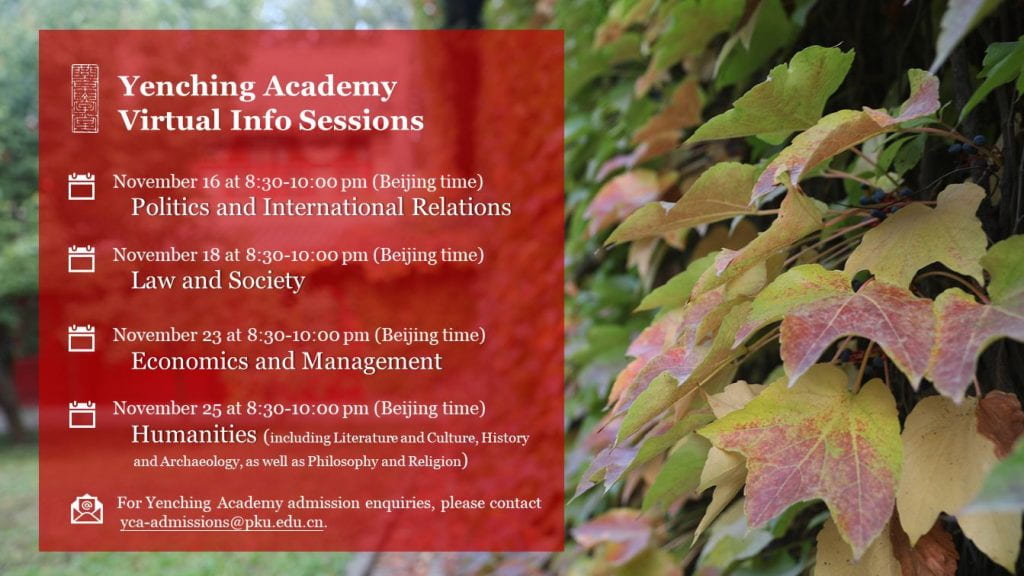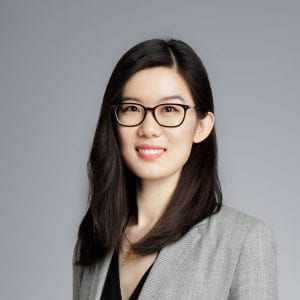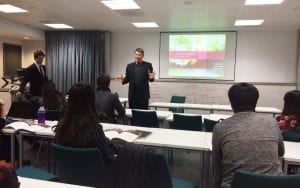Apply now: Yenching Academy of Peking University 2022
By j.chua, on 24 September 2021
 Applications are now open for UCL students wishing to join the September 2022 cohort of the Yenching Academy of Peking University (PKU)’s fully funded Master’s programme in China Studies. Successful applicants will have the opportunity to study in Beijing and develop their understanding of China and its role in the world.
Applications are now open for UCL students wishing to join the September 2022 cohort of the Yenching Academy of Peking University (PKU)’s fully funded Master’s programme in China Studies. Successful applicants will have the opportunity to study in Beijing and develop their understanding of China and its role in the world.
Please note that there is a different application process for Chinese nationals (more details below).
The programme is for English speakers. At the core of the programme lies an emphasis on interdisciplinarity and the value it assigns to thinking about China’s past, present and future – from both Chinese and international perspectives.
Scholars are given the flexibility to customise their programme within the broadly defined fields of the humanities and social sciences. Working closely with their academic mentors, they create their own study paths by choosing courses from six research areas:
- Economics and Management
- History and Archaeology
- Philosophy and Religion
- Politics and International Relations
- Law and Society
- Literature and Culture
Virtual information sessions specific to each of the six research areas, to be held between 15 October and 26 November, are open for registration here. Students and alumni speakers will attend to share their experiences.
An additional information session, specifically for UCL students, will be hosted by Yenching Academy on 28 October at 11am (BST). Join the session on Zoom with Meeting ID: 832 8945 3847 and Password: yca. In the meantime, please complete this short survey to let Yenching Academy know what topics you would like covered in the sessions.
Application process
UCL will carry out a preliminary evaluation of applications submitted by their own students and alumni. Based on this assessment, UCL will nominate students for interviews conducted by the Yenching Academy.
How to apply: Applications should be sent to Professor Vivienne Lo (v.lo@ucl.ac.uk) in the first instance. Those nominated through UCL’s internal pre-selection process will then be directed to submit their application through the Yenching Academy admissions portal.
UCL alumni may choose to apply through the admissions portal directly but will still need to contact Professor Lo to have their application approved. Mainland Chinese applicants must apply directly through the portal.
The deadline to submit your application to Professor Lo is Monday 22 November 2021. The programme will begin in September 2022.
More details can be found at the admissions portal link above and the Yenching Academy’s FAQs page. You can also read about UCL graduate James Ashcroft’s experience on a Yenching Academy scholarship here.
 Close
Close








